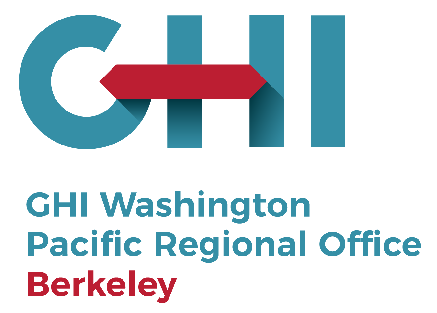

In March of 1989, Dr. Sharon Aroian-Poiser traveled to Armenia to help children recover from the trauma of the 6.8 earthquake that crumbled 250 villages and killed tens of thousands of people just a few months before.
But the children, following the lead of the adults around them, remained silent -- until the day Aroian-Poiser pulled out her tape-recorder and demonstrated how it worked.
Almost immediately, the children lined up, and in formal recitation, one after another, told the tape recorder about the day their world collapsed.
“Speaking About Sexuality: Male Jewish Intimacy and Agency in Oral History Interviews”
Florian Zabransky (PhD candidate at the Weidenfeld Institute–Centre for German-Jewish Studies at University of Sussex, UK)
2020-2021 Margee and Douglas Greenberg Research Fellow
April 6, 2021
“Research With Testimonies: Featuring the Center's 2020 Lev Student Research Fellows”
Lucy Sun (USC undergraduate student, History major) and Rachel Zaretsky (MFA candidate in Art, USC Roski School of Art and Design)
2020 Beth and Arthur Lev Student Research Fellows
April 14, 2021
USC Shoah Foundation recently launched the Visual History Archive at Harvard University, establishing a powerful bridge from coast to coast, including a vibrant and timely panel discussion examining hate and disinformation in public discourse and concrete pathways to address the problems we face.
André, on the right, with his parents, Max and Regina, and an aunt at a café in Paris in 1939. Max and Regina were killed in Auschwitz in 1942.
Above: One branch of the Scheinman family, which expanded considerably after cousin Zoe found and reached out to descendants of the ten children of Shmuel and Feige Scheinman, her husband’s great grandparents.
Last summer, Phil Scheinman spent five hours straight watching Joseph André Scheinmann’s testimony on USC Shoah Foundation’s Visual History Archive. He was both devastated and riveted.